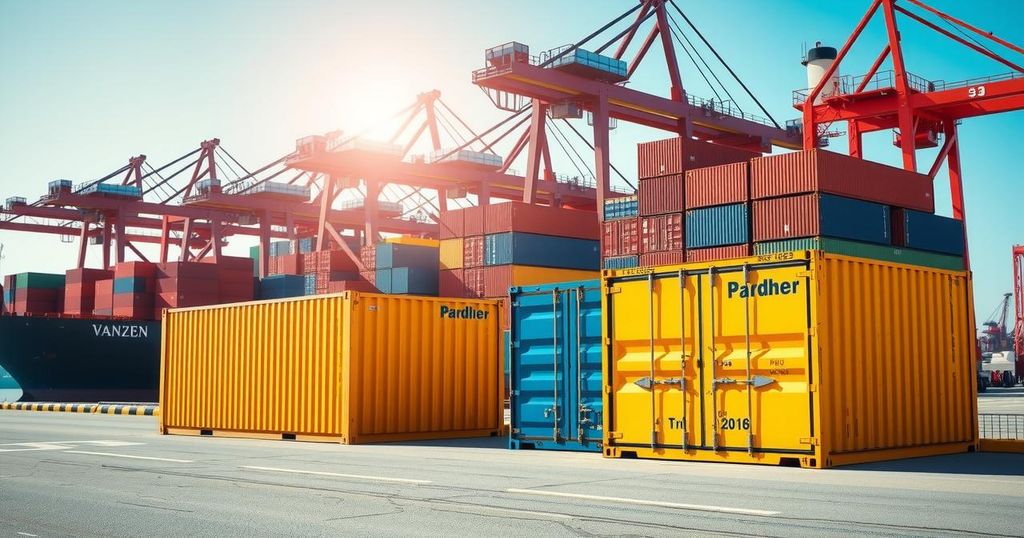Brazil is in talks with Saudi Arabia to attract investments in its port sector, aiming for concessions by 2026. Minister Silvio Costa Filho presented significant project portfolios, highlighting the country’s strong economic growth and future plans for over 40 port concessions. This collaboration signals a potential strategic alliance between the two nations.
Brazil is actively pursuing strategic negotiations with Saudi Arabia to secure new investments in its port sector. This initiative is particularly significant as global operators have expressed interest in key infrastructure projects that are expected to be up for concession by 2026. The Brazilian government has confirmed this development, reflecting a keen interest in enhancing their port facilities.
Silvio Costa Filho, Brazil’s Minister of Ports and Airports, showcased an extensive portfolio of port and waterway concession projects to prominent container terminal operators from Saudi Arabia. Mr. Costa Filho emphasized Brazil’s impressive economic growth, noting over a 5 percent increase in the port sector for 2024 and an 18 percent rise in container operations. Such factors contribute to Brazil’s perception as a burgeoning hub for global trade, particularly in industrial and agribusiness sectors.
In addition to the immediate investment interests, Brazil plans to introduce over 40 port concessions in the upcoming two years. These concessions will encompass both solid and liquid bulk terminals along with essential infrastructure needed for the mining industry. The Brazilian government has indicated that the ongoing discussions between Brazil and Saudi Arabia signify a strong potential for a strategic alliance, thereby opening avenues for further negotiations and investment prospects.
In summary, Brazil’s strategic discussions with Saudi Arabia regarding port investments are anticipated to attract significant global interest. With strong economic indicators and an extensive plan for future concessions, Brazil is positioning itself as a pivotal hub for global maritime trade. If successful, this partnership could lead to substantial advancements in both nations’ port sectors and mutually beneficial investment opportunities.
Original Source: tvbrics.com






